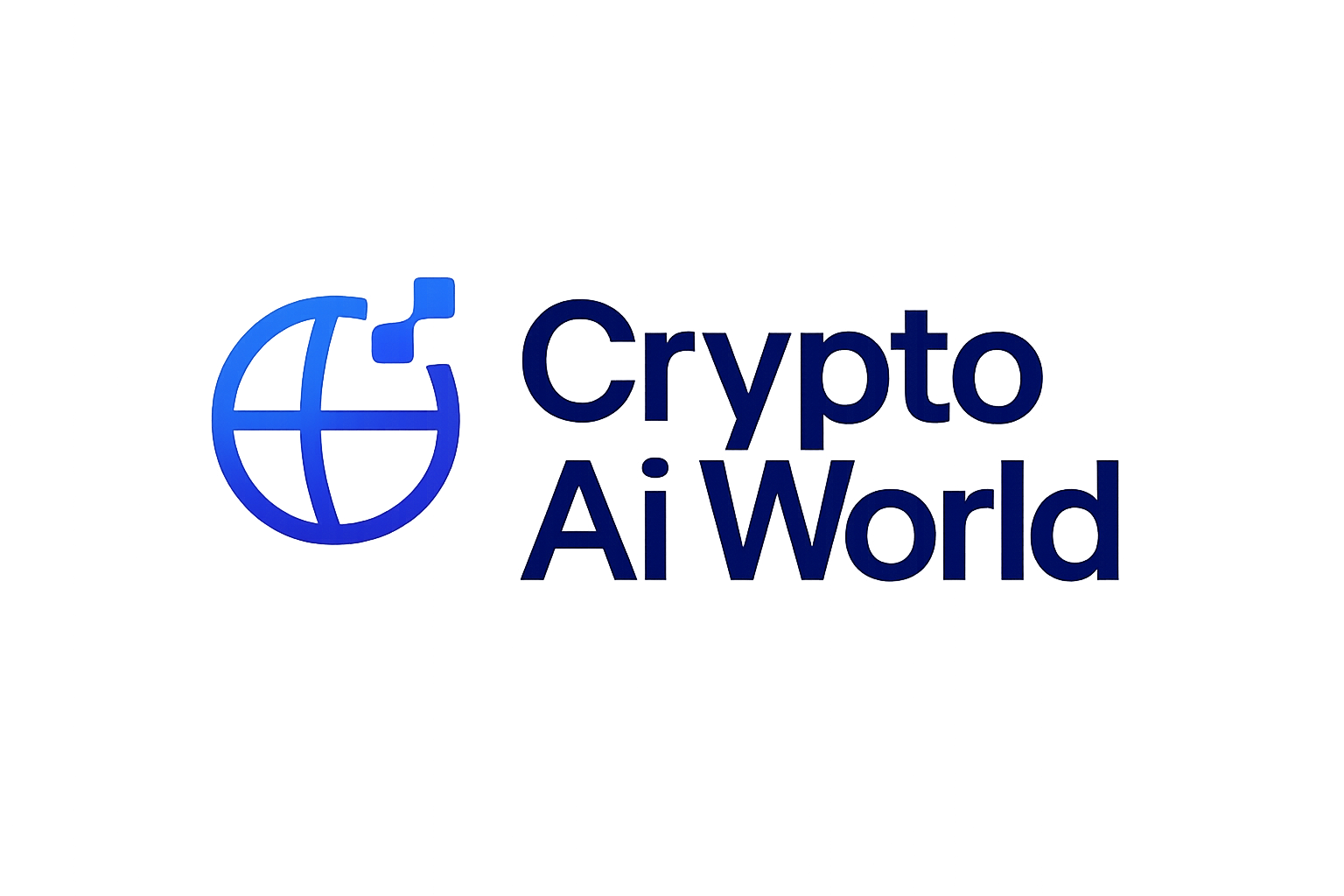
The machine economy is no longer a hypothetical future. With the rise of decentralized AI compute networks and the maturation of DePIN (Decentralized Physical Infrastructure Networks), we are witnessing a profound transformation in how machines, devices, and autonomous agents interact, transact, and deliver value. At the center of this revolution are projects like peaq, which have positioned themselves as foundational infrastructure for decentralized machine-to-machine economies.

DePIN: The Backbone of a Decentralized Machine Economy
The core premise behind DePIN is deceptively simple: aggregate idle or underutilized compute resources from across the globe, then allocate them dynamically to power AI workloads, robotics operations, and real-world Web3 applications. This approach sharply contrasts with legacy cloud providers that rely on centralized hyperscalers with fixed capacity and opaque pricing models.
DePIN networks are already delivering measurable advantages:
- Cost efficiency: Reports indicate DePIN solutions can slash costs by 60-80% compared to traditional hyperscalers, depending on workload and network architecture.
- Scalability and flexibility: Resources can be provisioned on-demand from a global pool, eliminating bottlenecks and single points of failure.
- Security and data integrity: Blockchain-based consensus mechanisms ensure that data cannot be tampered with without collective agreement, an essential property for mission-critical machine economies.
This paradigm is particularly relevant for sectors where uptime, security, and rapid scaling are non-negotiable. For example, autonomous vehicles in smart cities require real-time compute at the edge; industrial IoT devices must process sensitive data securely; robotics fleets need reliable coordination across geographies. In each case, DePIN’s decentralized architecture provides both resilience and transparency that centralized alternatives simply cannot match.
The Role of peaq: A Layer-1 Blockchain for Machines
peaq, often referred to as “The Machine Economy Computer, ” exemplifies the new breed of Layer-1 blockchains purpose-built for DePIN applications. Rather than catering to generic smart contracts or financial primitives alone, peaq is engineered specifically to support millions of connected devices, ranging from industrial sensors to autonomous robots, operating as independent economic agents on-chain.
A key innovation is peaq’s use of self-sovereign machine identities. By assigning every device a unique blockchain-based identity (sometimes called “machine identity web3”), peaq enables machines to authenticate themselves, access resources autonomously, execute transactions without human intervention, and participate in decentralized governance. This unlocks entirely new business models where machines earn revenue for providing services or data directly to other machines or humans, in effect creating a circular economy among autonomous agents.
The impact is tangible: logistics robots can negotiate access to charging stations or maintenance services; drones can sell environmental data collected during flights; fleets of autonomous vehicles can form decentralized ride-hailing cooperatives, all coordinated via smart contracts executed on-chain.
Pioneering Projects: Aethir, Akash Network and Bittensor
The broader decentralized AI infrastructure landscape features several standout projects actively shaping the future of the machine economy:
- Aethir: Now operating what it claims is the world’s largest decentralized GPU cloud, over 435,000 enterprise-grade GPUs across more than 200 locations in 93 countries, Aethir offers an alternative backbone for AI training at unprecedented scale.
- Akash Network: Provides an open marketplace where users can deploy their own cloud infrastructure or monetize idle resources by renting them out securely over blockchain rails.
- Bittensor: Integrates blockchain with collaborative machine learning marketplaces so contributors can be rewarded cryptographically for sharing high-value AI models or datasets.
Together with peaq’s Layer-1 capabilities, these platforms demonstrate how decentralized AI compute networks are not only making advanced computing more accessible but also fostering permissionless innovation at every layer, from hardware provisioning to application deployment.
What sets these decentralized platforms apart is their ability to empower a new class of economic actors: autonomous robots on-chain, sensor networks, and AI agents that operate independently, transact with each other, and even participate in governance. By leveraging cryptographic incentives and transparent protocols, DePIN projects like peaq, Aethir, Akash Network, and Bittensor are building the connective tissue for a truly machine-native economy.
Machine identity web3 is central to this vision. With unique blockchain-based identities, machines are no longer passive endpoints, they become full participants in digital markets. This shift has profound implications for industries ranging from logistics to energy:
Real-World DePIN Use Cases in the Machine Economy
-
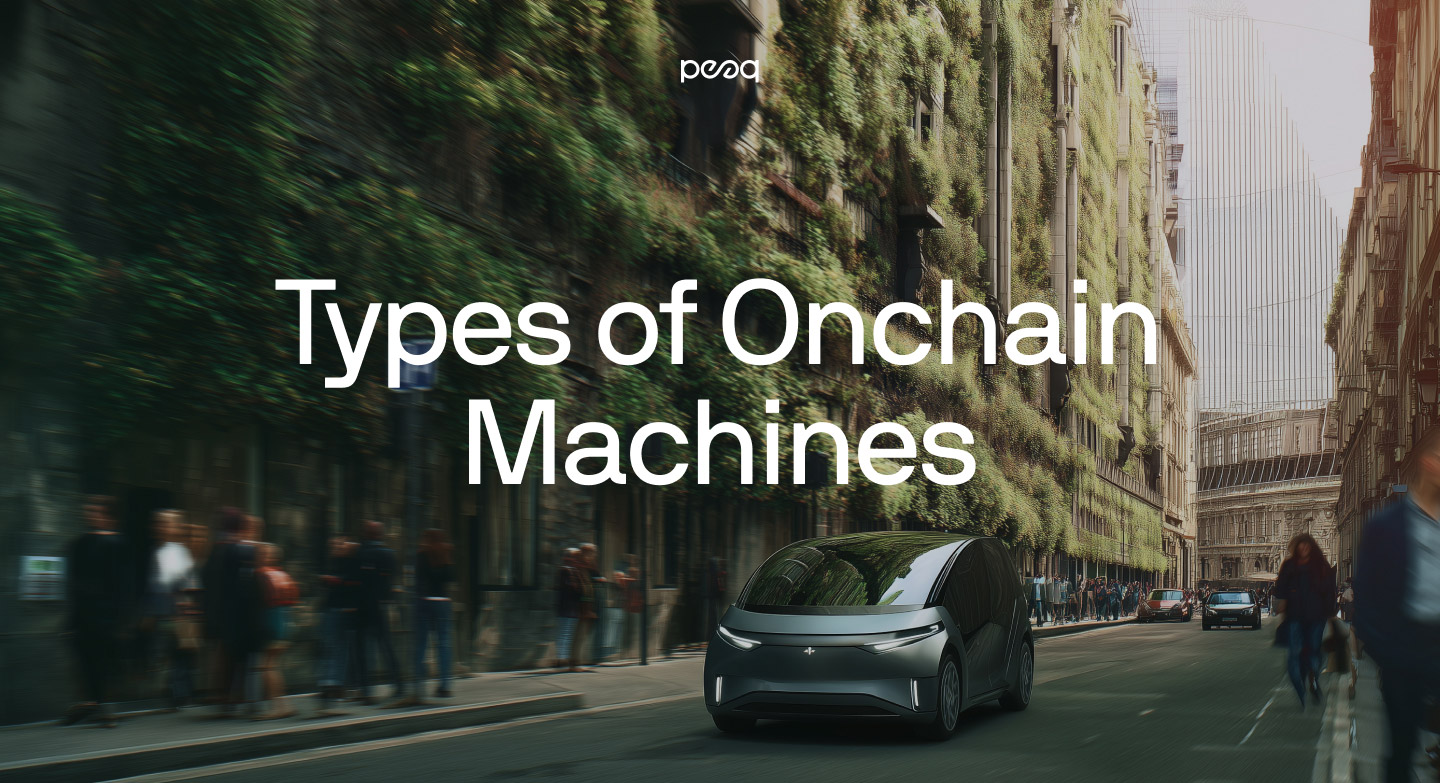
peaq-powered Autonomous Fleets: peaq enables fleets of autonomous vehicles and drones to operate independently, transact, and share data securely on-chain. This empowers logistics providers to automate deliveries, optimize routes, and reduce operational costs with transparent, tamper-proof records.
-
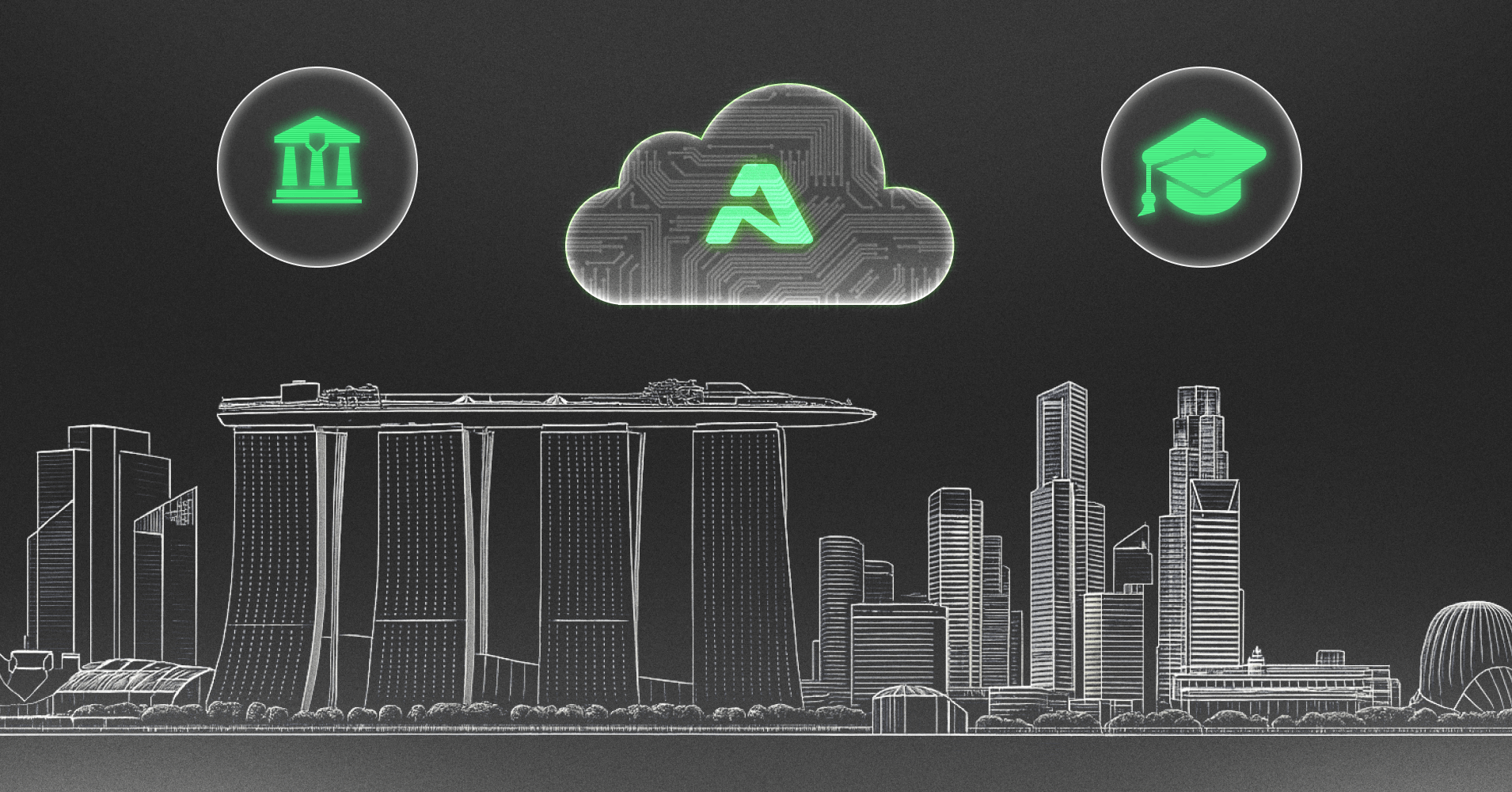
Aethir’s Decentralized GPU Cloud for Smart Cities: Aethir operates the world’s largest decentralized GPU cloud, supporting real-time AI analytics for smart city applications—such as traffic optimization, surveillance, and resource management—across 93 countries.
-
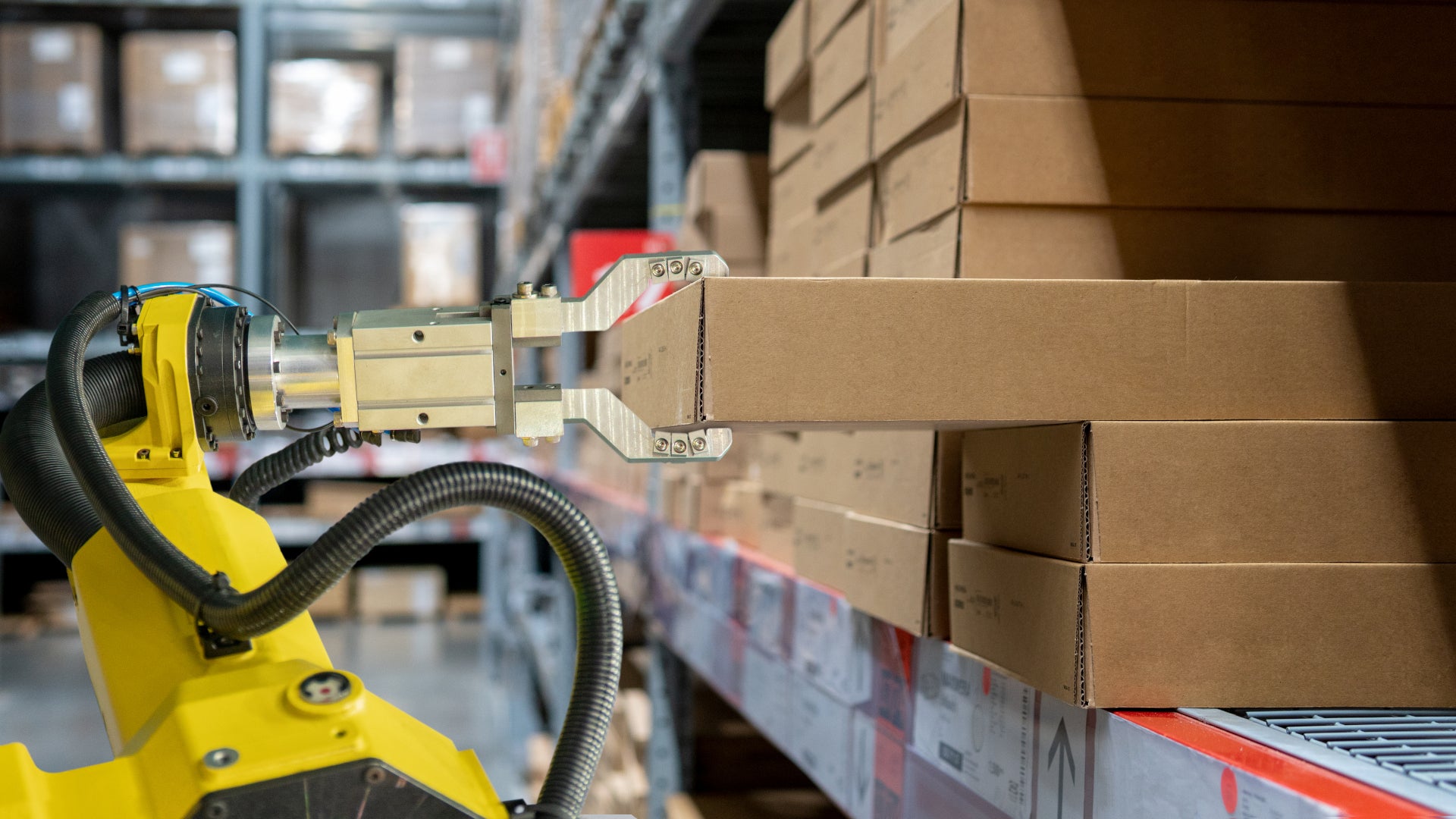
Akash Network for Logistics Optimization: Akash Network provides decentralized cloud computing infrastructure, allowing logistics companies to deploy AI models for real-time tracking, predictive maintenance, and supply chain automation without relying on centralized hyperscalers.
-
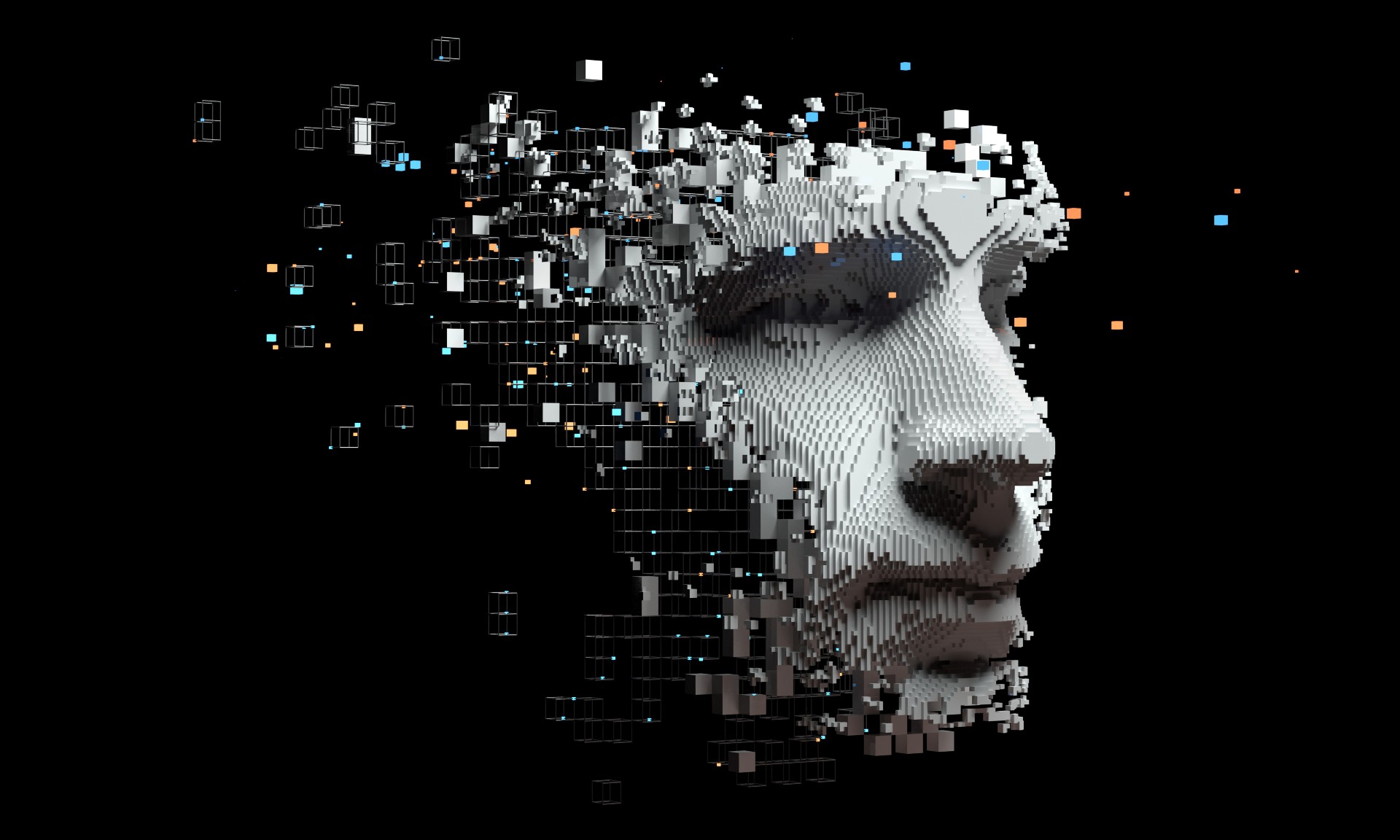
Bittensor’s Collaborative AI for Autonomous Systems: Bittensor creates an open marketplace for machine learning models, enabling autonomous robots and IoT devices to access, share, and monetize AI capabilities in a secure, decentralized manner.
-
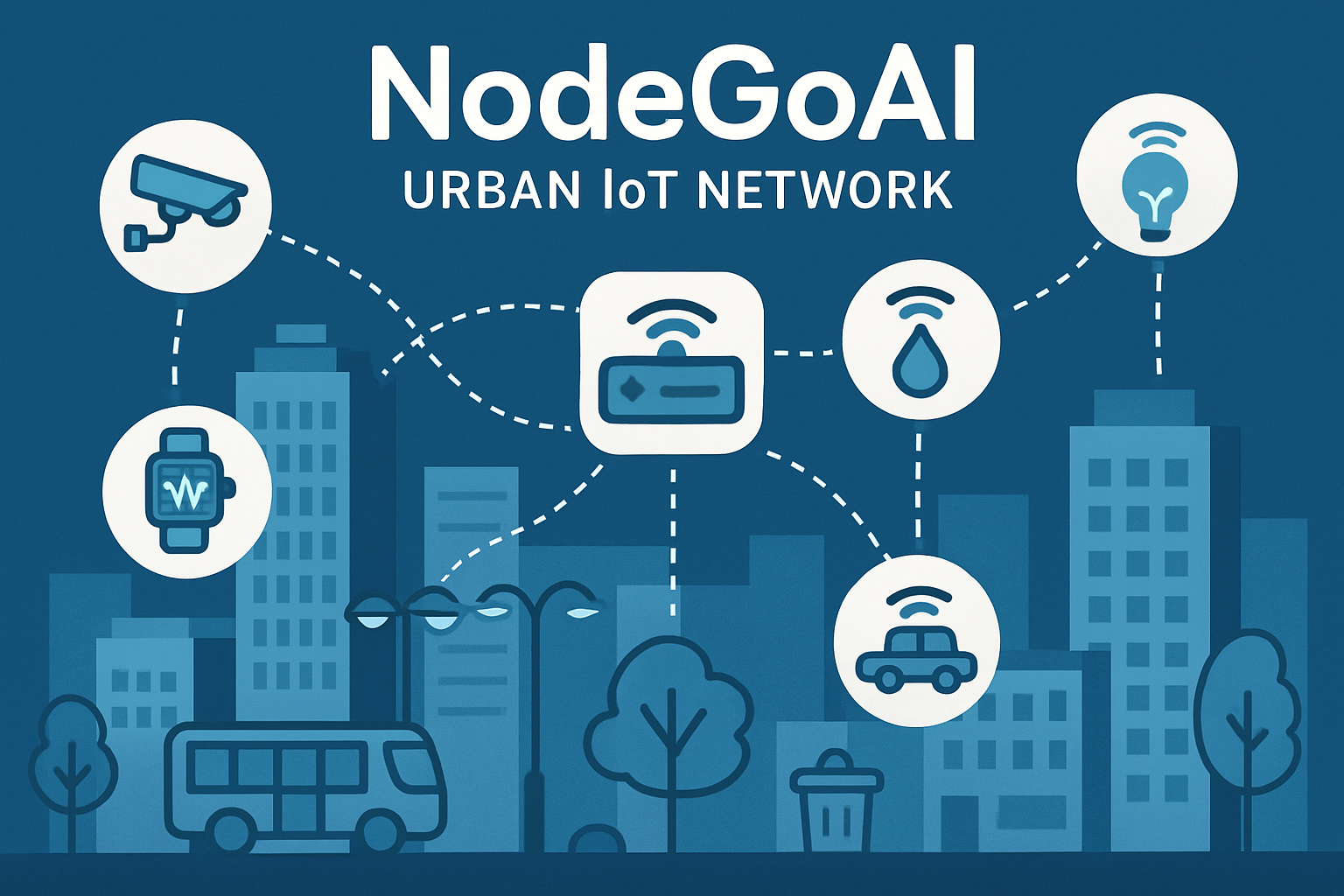
NodeGoAI Monetizing Idle Compute for Urban IoT: NodeGoAI lets individuals and organizations contribute unused computing power to support AI-driven IoT networks in urban environments, powering applications like smart sensors, environmental monitoring, and public safety systems.
The Road Ahead: Scaling Autonomy and Trust
The next frontier for DePIN is not just about scale but also about composability and interoperability. As more devices join decentralized networks, seamless integration between different protocols will be essential. Projects are already experimenting with cross-chain payments, automated resource allocation, and open APIs that allow disparate machine systems to collaborate securely.
This evolution is accelerating thanks to regulatory sandboxes, like Dubai’s recent initiative, designed specifically for DePIN and the machine economy. These frameworks encourage experimentation while ensuring security standards are met for mission-critical sectors.
As decentralized AI compute networks mature, we expect a surge in real-world adoption. Already, enterprises are tapping into global pools of compute for AI training at a fraction of previous costs. Robotics startups are using on-chain coordination tools to launch autonomous fleets without relying on centralized cloud providers. Even individual users can now monetize idle hardware by contributing it to the global DePIN fabric.
The Strategic Advantage: Why Enterprises Are Adopting DePIN
Enterprises recognize that decentralized AI infrastructure offers more than just cost savings:
- Resilience: Distributed architecture reduces single points of failure, critical for always-on services like autonomous vehicles or smart grid management.
- Transparency: Open ledgers provide verifiable audit trails for data provenance and resource usage.
- Ecosystem incentives: Token economics reward contribution, from compute supply to model sharing, fueling a virtuous cycle of innovation.
This convergence of blockchain primitives and AI workloads is unlocking new business models previously impossible within traditional cloud paradigms. Machines can earn tokens autonomously; service providers can compete globally; developers can deploy applications that span geographies without negotiating siloed contracts with hyperscalers.
The New Machine Economy Is Here, and Decentralized
The promise of the machine economy is no longer theoretical, it’s being realized through the rapid deployment of decentralized physical infrastructure networks worldwide. As projects like peaq continue to onboard millions of devices, from robots in warehouses to sensors in smart cities, the foundation for a scalable, secure, and efficient machine-native internet is taking shape.
The implications extend far beyond technology: by democratizing access to compute power and enabling trustless collaboration between machines, DePIN networks are catalyzing an era where innovation is permissionless and value creation flows directly between autonomous agents, human or machine alike.
